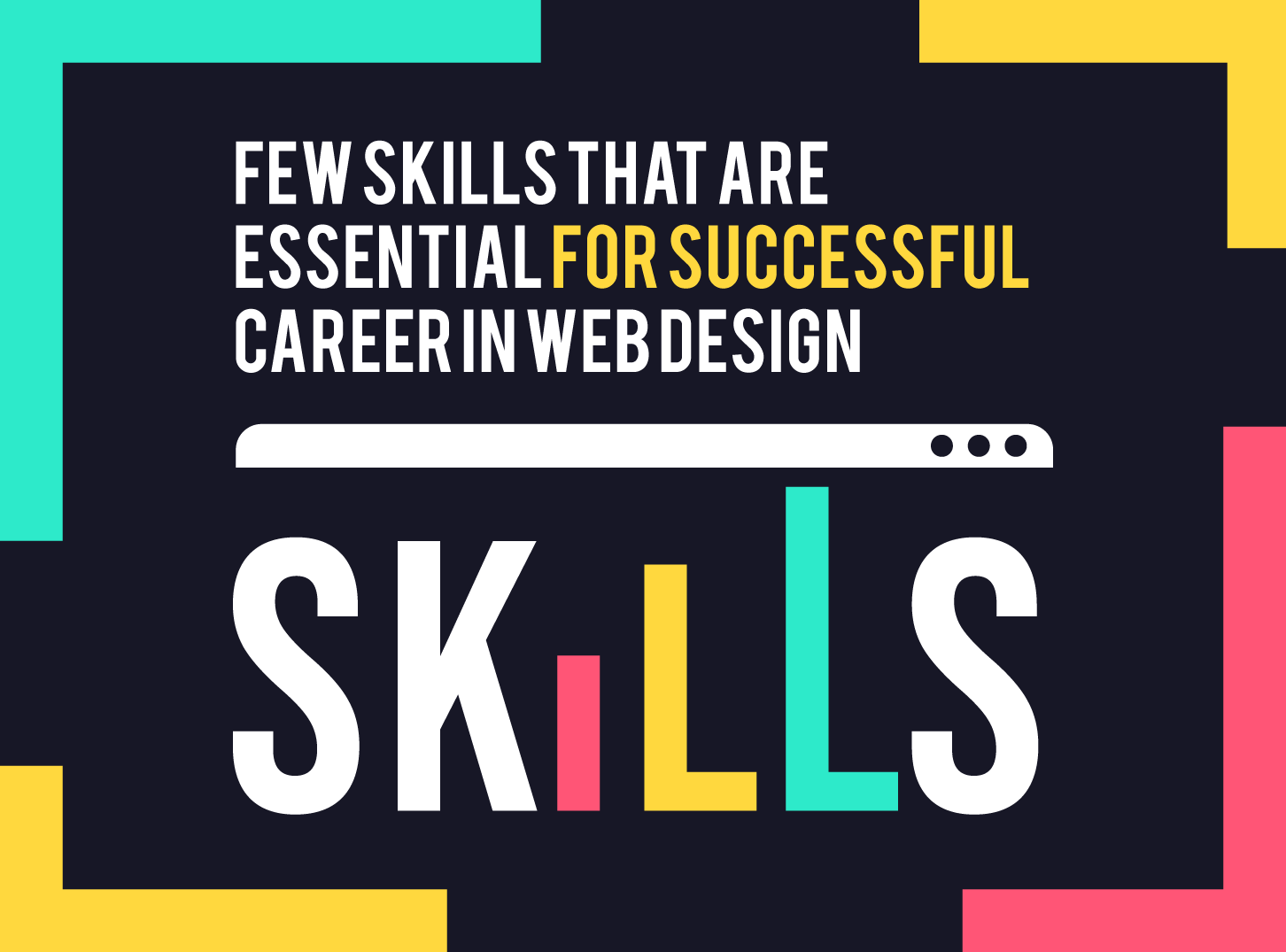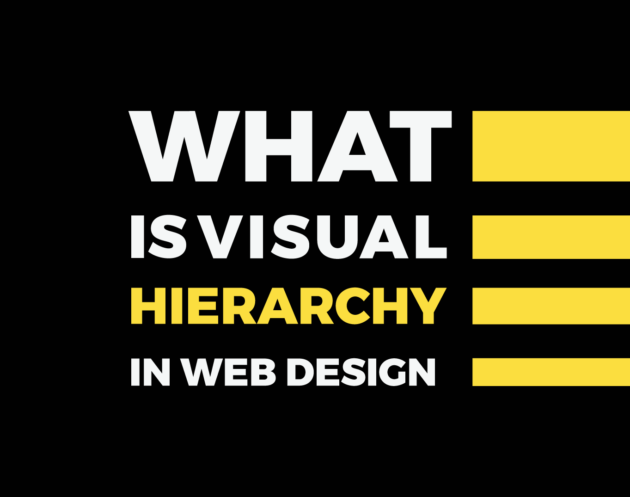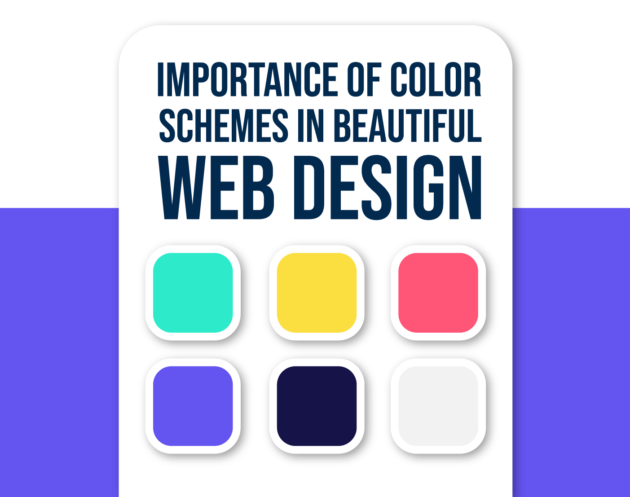If you’re a beginner in technology, it’s going to be difficult to work out where to begin. There are numerous ways at your disposal – from development to style to digital marketing and each specialization under the sun. Here comes web design. it’s often an excellent place to dive if you’re unaccustomed to the scene.
Like many roles in technology, being an internet designer requires both the creative and analytical sides of your mind. And web design could be a versatile career with plenty of opportunities to suit into a distinct segment or correct a course once you discover exactly what you’re keen on.
But first…
What Is Web Design?
Web design is that the process of coming up with, conceptualizing, and arranging content online. Today, website design goes beyond aesthetics and includes the general functionality of the website. Web design also includes web applications, mobile applications, and computer program design.
A web designer works on the design, layout, and, in some cases, the content of an internet page. Appearance, for instance, refers to the colors, font, and pictures used.
A good web design is simple to use, aesthetically pleasing and suits the user group and brand of the website.
Skills
Basic Design Tool Skills
The first skill of an online designer that you must acquire is knowing the essential design tools. For example, Photoshop could be a good image processing tool, but when it involves graphic design, Adobe Illustrator will prove more useful.
Today video content is an essential part of any website design and a designer must have some basic video editing skills to execute a good web design. For this tools like online video editor really come in handy even if you are naive. These tools are the first platforms you’ll use to build a promising website. So, if you intend to create a great website be sure you utilize the correct tools at the proper time.
Visual Design
A web designer will often progress if his visual design skills are advanced. Visual design is the art of selecting appropriate design principles to boost the planning and feel of a location.
It is closely associated with the user experience, only it’s more associated with the kinesthetic elements. The foremost common tools employed in the visual design are network systems, typography, color psychology, web fonts, type hierarchy, and color palettes.
HTML
Most web designers believe that coding is something they’ll never pander to. Well, the existence of HTML (HyperText Markup Language) makes that concept impossible.
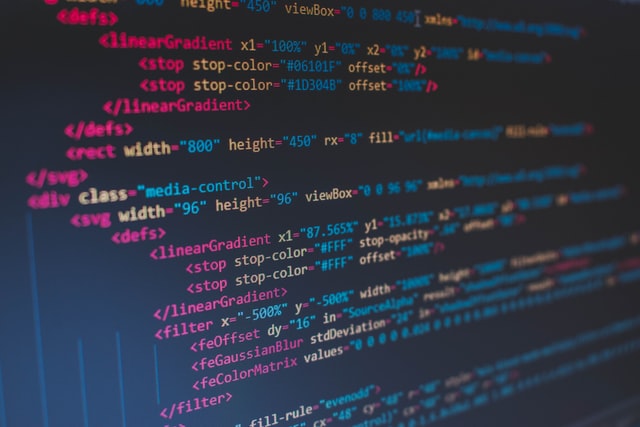
This is one of all the foremost anticipated coding skills expected of an online designer and no wonder why.
HTML helps you place and optimize your content online, giving it the structure and shape it needs. Simplified: the way you switch words into paragraphs, titles, and footers, and therefore the way you get other sorts of content on an internet site (videos, graphics, photos, etc.)
Programming Language Skills
In addition to HTML and CSS, if you’ll learn some other programming languages, your career prospects in web design will surely improve. it’ll be great if you’ll be able to master JavaScript, Python, Swift, and C ++, but if you have got to settle on between any of those, select JavaScript.
This is because, in line with the survey, most designers already like better to work with Java. Knowing these languages will immediately separate you from the department.
UX
A UX website is the feeling that a visitor has when viewing that website. UX may be a user experience and is one of all the foremost influential factors that outline the success of a website nowadays.
A web designer who understands UX practices will approach his design from a user perspective. Simply put, the question is “How will the user have a great time while spending the time on our website? “
Different elements are improved. Navigation, content, colors, and so on. The better you understand UX from the uses’s side, the more you’re valued as a multi-purpose web designer.
Search Engine Optimisation – SEO
Business websites are mostly about sales so that they usually find web designers with a particular awareness of writing ads. The power to convey a message in a very short way will help inform and have interaction with potential clients.

Search engine optimization (SEO) results in this skill. Web design and SEO are closely related. To secure new leads within the vast ocean of Google search results, an internet designer may have to use keywords, improve page load speeds, increase domain credibility, and update pages regularly to rank the positioning high.
Typography
Typography shapes our perception of ideas. the load and geometry of the kind convey meaning, and as a designer, it’s important to understand the simplest thanks to send messages with acceptable typographic choices.
All font options can make it difficult for brand new designers to understand what to decide on. Practical fonts like Georgia, Verdana, and Roboto work well for copying the body, while more decorative fonts should be used sparingly as decoration. Good designers know the difference between styles and where to use them.

There are many resources on the web to assist you to expand your typographic knowledge. Fonts in use display different fonts that are applied to different media. Tools like font combinations for web designers can provide you with ideas for possible matching.
Content Management System – CMS
Knowing the way to use a CMS, as this collection of blogs from the Webflow Fashionlatte template, makes taking care of huge blocks of content far less burdensome.
For content that needs regular updates like blog posts, recipes, or events, the CMS will simplify the method.
Using a CMS to link related data and customize templates will make it much easier to argue.
Communication Skills
Communication skills are a wealth that every professional (regardless of his field) should strive to develop. As a web designer, you need to be able to effectively convey your technical information in clear language so that you and your client can talk, work and be on the same page.
Conclusion
Like many occupations, there is a wide range of skills for a web designer. Like the visual language of design, where typography, color, and the use of space come together in an interesting balance. You should be fluent in the principles that make efficient and aesthetically convincing work.
A great web designer knows that competitors can always overshadow him. The ways, strategies, and resources he uses to achieve quality results are the elements that define him as a professional, as well as the strength of will and commitment to learning and adapting to dance in the marketplace.
